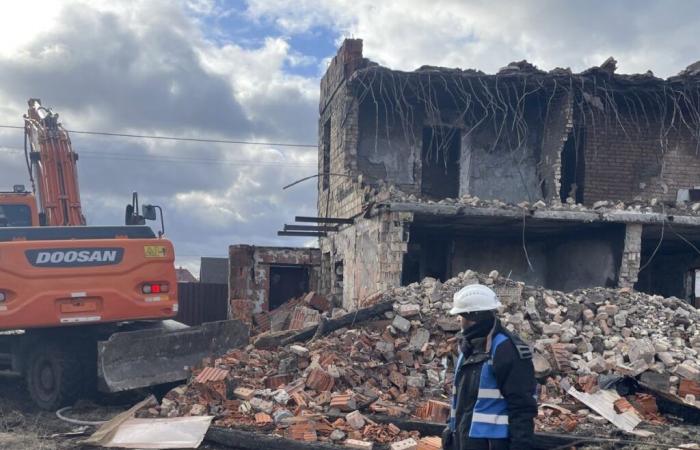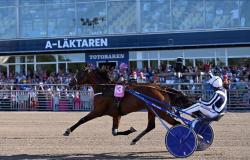But this first selection also reveals a strong presence of French SMEs and mid-caps (at least 50% of the project must be carried out in France), high technology. In robotics, the gems Shark Robotics and Exail were chosen for projects worth 14 million each, which aim in particular to equip the police and mine clearance “emergency services” with robots. In health, several high-tech companies were chosen, with significant funding: Ginger International, a public health consultancy (15 million), Schiller Medical, which manufactures cutting-edge medical equipment (5.8 million) or DMS Imaging, manufacturer of medical imaging systems (10.9 million). Or Dessintey, specialized in “rehabilitation course to accelerate the return to autonomy” via modern technologies, which won an 8 million euro project to improve the rehabilitation of war wounded.
The majority of projects were thus won by SMEs and ETIs. This caused frustration among the large groups who were not selected. According to l'Informed, the two French water management giants, Veolia and Suez, are trying to obtain a re-examination of their files, following their non-selection. And Pierre Heilbronn is in discussions with other European donors to finance these unselected French projects.
In any case, the success of this fund bodes well for the involvement of French companies, which have been slow to mobilize for the reconstruction of Ukraine for a long time. Especially since the public support system has seen a recent boost, with the arrival of the French Development Agency, which opened an office in kyiv last July to lend to local authorities (450 million expected in four years). And its subsidiary Expertise France is gaining momentum, with 40 people on site and around fifteen projects. “The dynamic is underway. Our activity is progressing strongly, Alisa Rozanova, who directs one of the programs of this public agency, told us last September. But funding must be maintained over time”. A crucial subject with the budgetary restrictions looming in France.






